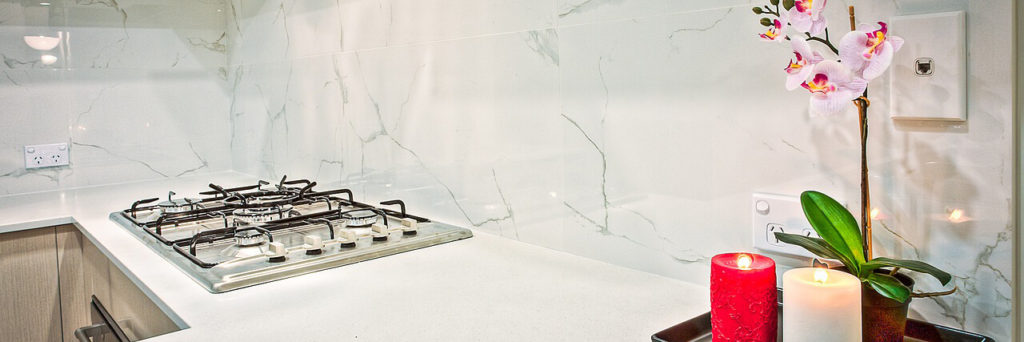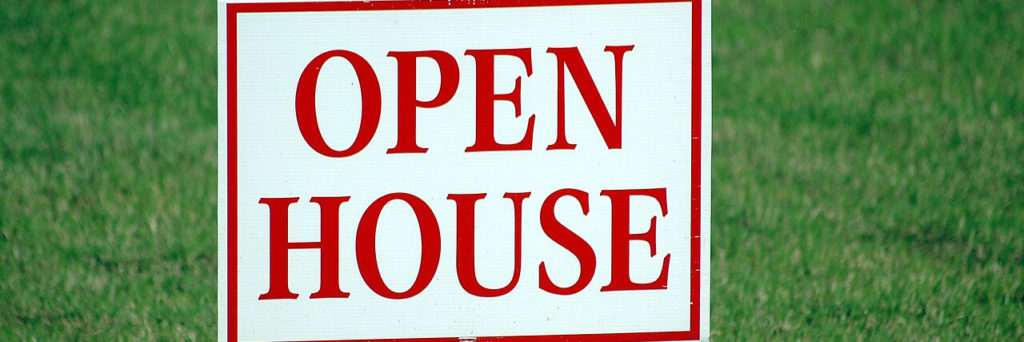
There are a lot of things that go into selling your home, no matter if you have sold one in the past or if you’re preparing to sell your first. Because of the moving parts, such as the health of the market and the condition of your house, it is impossible to know how long any individual house will take to sell. Even so, there is a typical timeline you can expect to follow when going through the house selling process.
-Three Months Before Listing Your House-
Choose the best time to sell
First, you’ll need to check on your budget and financial situation by talking to your tax accountant and financial advisor to see how much money you have to work with. It’s also a good idea to check on the amount that is left to pay on your mortgage to be able to properly determine what the proceeds are likely to be from the sale. You then have to get an idea of the amount needed to pay closing costs, commissions, taxes and other such fees so that closing day costs don’t catch you off guard. You’ll also want to see what the housing market is like in your local area to determine the best time to put your home on the market.

-Two Months Before Listing Your House-
Hire a trustworthy listing agent
A good real estate agent will provide you with the support you need during the process of selling your home. Check with friends and family to get some recommendations. Once you find an agent, you can ask how long they’ve been in the industry, what their fees are, what houses they have sold in your area and how they intend to market your home. Because you’ll be working closely with the agent during the entire process, it’s crucial to pick out a good match.
Choose a selling date
Talk to your agent about when the best time would be to put the home on the market. Think about your schedule, including your academic and work life. You should also consider the actual day of the week you want to list it. Typically, history has shown that the best day to list a home is Wednesday and the worst is Sunday.

Hire an inspector
Having your home inspected before you sell will alert you to any repairs that need to be completed before it is market-ready. This way, you can prevent delays that might come from any surprises that pop up when a buyer hires their own inspector. It will also allow you to highlight the best features of the property. Having a pre-inspection may also help you understand the repair costs that need to be factored into your budget.
Make any necessary repairs
Once the inspection is completed, you can start fixing whatever issues were reported. Ensure that all electrical and plumbing systems, roofing, drainage, windows and the foundation are in the best possible condition.

-One Month Before Listing Your House-
Declutter the Home
Getting your home open-house ready can be a long and tricky process. It’s a good idea to hire a professional cleaner to help you declutter instead. Having a clean and well-organized space makes it easier for a potential buyer to imagine themselves in a space, so removing personal effects, clutter from the countertops and other such distractions will make that an easier process.
Use a storage unit
If your house is overrun with clutter, it is best to pack the belongings into a storage unit. Having them stored somewhere else will prevent homebuyers from being distracted by them when touring the house while still making them easy to access for you.
Hire a cleaner
Using smell and sight, it’s easy to distinguish a clean house from a dirty one. Once you have moved out most of your belongings, think about hiring a professional cleaner to deep clean the house to perfection. They can wipe the baseboards, clean the floors, detail the kitchen, dust the blinds and more to ensure it looks perfect from top to bottom.
Set the listing price
Now is the time to figure out how much your house is realistically worth. While you may have a number in your head you’d like to receive, it’s important not to overcharge. Many people tend to think their home is worth more than it is because they are influenced by nostalgia and personal feelings about the home, but overcharging may put off some potential buyers. Use a home-value calculator to estimate a good value for the house, and talk to your agent to get a comparative market analysis before locking in the price.

-Two Weeks Before Listing the House-
Stage the home
A home stager will rearrange the house in order to make it look its best. They can transform your space and make it look cleaner, brighter and larger by decorating with neutral tones, taking out any lingering personal items and removing flashy decor. This will help make it more attractive to potential buyers.
-One Week Before Listing the House-
Take professional photos
Once your home has been cleaned and staged, you can have professional pictures taken. While you could take them yourself, a professional real estate photographer can make the features of the home stand out. The listing photos will be the very first thing your buyer sees when looking at the house, so it’s really important to make a great first impression right off the bat. After you have taken these photos, you can then list the home.

-After Listing the House-
Look at offers and negotiate
Your agent will come to you with the different offers you have received and help you make good counteroffers while assisting you in the negotiation process. Think about all of the terms of the offer instead of focusing only on the listing price to ensure you’re getting the best deal.
Hire a real estate attorney
In some cases, it could be a good idea to hire a real estate attorney in order to review and prepare contracts and other documents related to the sale. Having a lawyer can help you move through the process with confidence.
Accept the offer
After you have received an offer you are satisfied with, you will then accept that offer and start the process of closing. Occasionally, the buyer will pose a contingency such as an inspection as a part of their final offer. After this is done, you can finish any last-minute repairs. Then, it’ll be time to sign the purchase agreement, including the move-in dates and closing. After you give the keys to the buyer, unless otherwise discussed, there should be no more possessions remaining in the home.
The last walkthrough
The buyer will go on one final walkthrough to make sure all of the repairs that were agreed upon were made. They will make sure they are pleased with the condition of the home and see no new issues. During this time, your house should be completely empty and spotless, unless there were any items designated in the agreement to remain there.
-Day of Closing-
Work with your lender, agent or escrow company to make sure the transfer of ownership is a smooth one. Be sure to take along garage door openers, keys and codes to give to the new owner.



